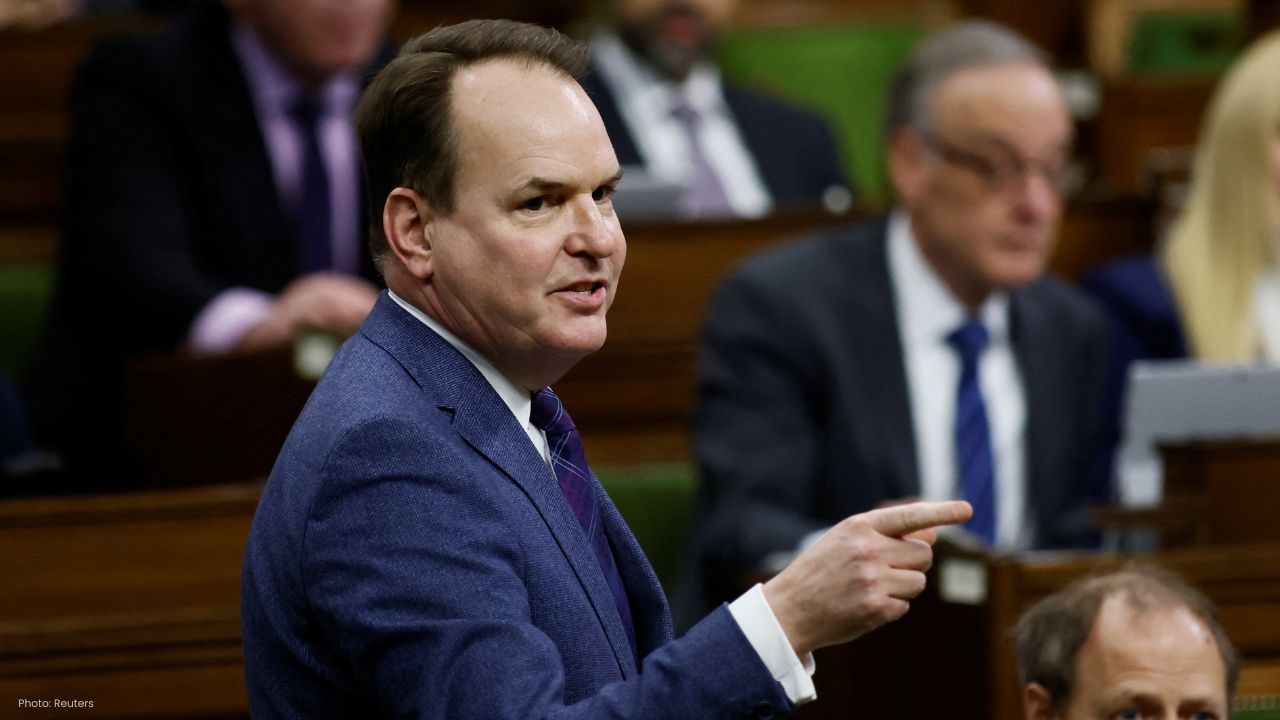
A Nutritionist’s Warm Guide to When to Enjoy Flaxs
Nutritionist Deepsikha Jain recommends 1–2 tablespoons of flaxseeds—morning, before meals or as a sn

As Prime Minister Mark Carney prepares to table his government’s first federal budget next week, Ottawa is bracing for a possible political showdown that could trigger a snap election. Both the Conservative and NDP caucuses are divided on whether to support or oppose the budget — a decision that could determine the survival of the Liberal minority government.
Senior Conservative insiders say party leader Pierre Poilievre does not want an election right now, aware of public fatigue and uncertain polling conditions. However, Conservatives remain firmly opposed to voting for the budget, citing fundamental disagreements with the Liberals’ fiscal direction. One senior source said speculation that the budget could fail “is not contrived,” as there are currently not enough votes to ensure its passage in the House of Commons.
The Conservatives have issued a list of demands in exchange for possible support, including scrapping the industrial carbon tax and limiting the federal deficit to under $42 billion. The government has already signaled that both are non-starters, leaving little room for negotiation.
The Bloc Québécois has also presented costly demands — from higher Old Age Security payments and expanded health transfers to interest-free loans for first-time homebuyers. While the Liberals have agreed to include at least one Bloc-backed measure, tightening tax-evasion rules in the trucking industry, most of the Bloc’s proposals are unlikely to be accepted as the government attempts to rein in spending.
According to multiple sources, Conservatives have held informal talks with both the NDP and Bloc about coordinating their approach to the vote. The likeliest scenario, insiders say, is that some of the NDP’s seven MPs could abstain, allowing the budget to pass narrowly without giving full support to the Liberal government.
“The leadership doesn’t want an election, and neither do the NDP,” one Conservative source noted. “But both parties need to show their base they’re not propping up the Liberals again.”
The NDP, still recovering from its poorest electoral performance in decades, is in a difficult position. The party remains without a permanent leader and faces financial strain after its previous campaign. With a leadership vote scheduled for March, the NDP is reluctant to enter another costly national campaign before rebuilding its organization.
Interim NDP Leader Don Davies has urged the government to focus on “supporting working families” through investments in housing, health care, and job creation but has refrained from committing to any position before seeing the budget. “We can’t accept an austerity approach,” Davies said this week, emphasizing that the NDP will review the document before deciding its stance.
For their part, the Liberals are working to secure the votes needed to survive. Government House Leader Steven MacKinnon has publicly appealed to the opposition to “vote for the budget” and avoid an early election. The minority government needs at least three additional votes — or two if the Speaker breaks a tie — to pass the budget.
Green Party Leader Elizabeth May has said she will not support a budget that includes fossil fuel subsidies but is withholding judgment until the full document is released.
Failure to pass the budget would automatically trigger a general election, potentially sending Canadians to the polls before Christmas — a scenario few parties say they are prepared for.
The coming budget is set to be a major test for Carney’s leadership. Having pledged to balance operational spending within three years while maintaining key social investments, Carney faces the challenge of satisfying both fiscal conservatives and social progressives. With inflation still elevated and growth slowing, the budget will signal whether his government can strike that balance — or whether political divisions will send Canadians back into campaign mode before the year’s end.